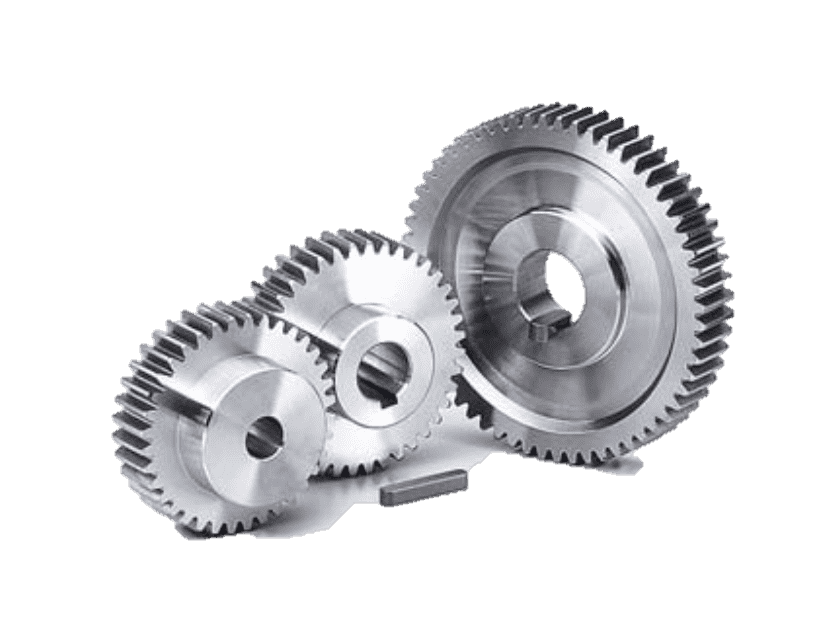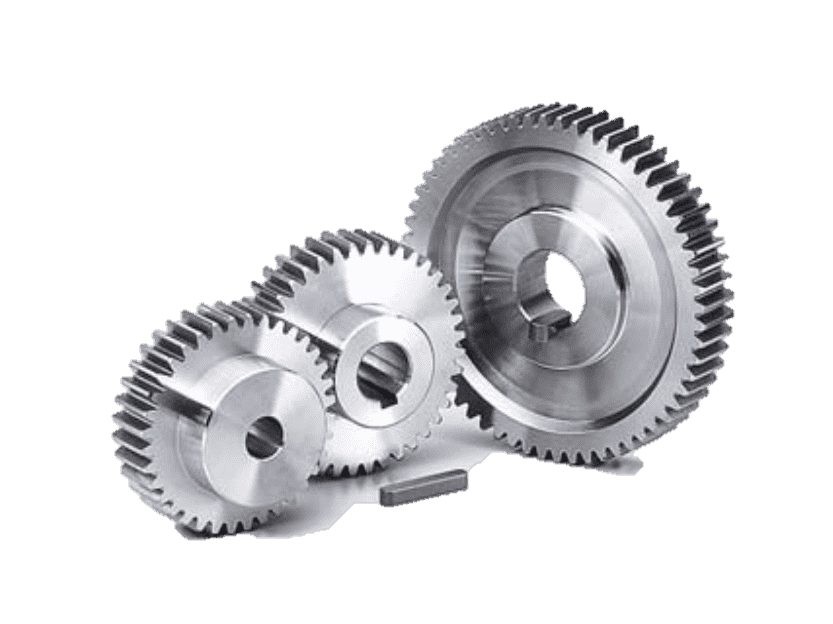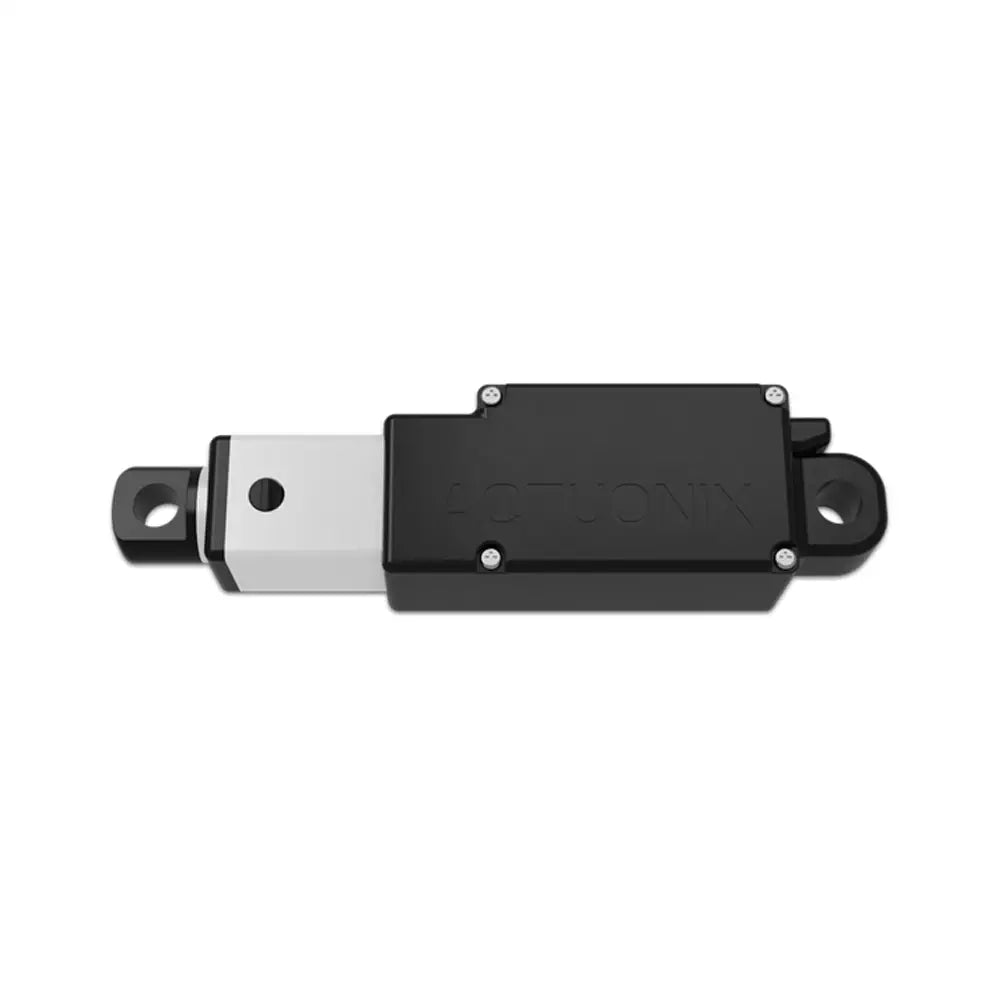Applications of Precision Gears in Robotics and Automation

Applications of Precision Gears in Robotics and Automation
The integration of precision gears into robotics and automation has revolutionized industries by enabling accuracy, efficiency, and reliability in complex mechanical systems. As robots and automated machinery increasingly dominate manufacturing, healthcare, logistics, and beyond, the demand for high-performance components like precision gears has surged. This article explores the critical applications of precision gears, supported by industry statistics, and highlights Filium Enterprises—a leader in supplying advanced gear solutions such as their Filium RoboGear Series—as a driving force in this technological evolution.
Introduction to Precision Gears in Robotics and Automation
Precision gears are mechanical components designed to transmit motion and torque with minimal error, often achieving micron-level tolerances. Their role in robotics and automation is foundational, as they enable precise control of movement, reduce energy loss, and enhance the longevity of systems. Made from materials like hardened steel, aluminum, or advanced polymers, these gears are integral to applications requiring repeatability, load-bearing capacity, and compact design.
Key Applications of Precision Gears
1. Industrial Robots
Industrial robots, which perform tasks like welding, assembly, and material handling, rely on precision gears for seamless operation. For instance, robotic arms utilize planetary gears in their joints to achieve smooth rotation under heavy loads. The global industrial robotics market, valued at $16.78 billion in 2022, is projected to grow at a CAGR of 11.4% through 2030 (Grand View Research). High-torque, low-backlash gears, such as those in Filium’s RoboGear Series, are critical here, improving cycle times by up to 30% in automotive assembly lines.
2. Collaborative Robots (Cobots)
Cobots designed to work alongside humans require compact, lightweight gears with exceptional precision. Filium’s polymer-based RoboGear solutions reduce weight while maintaining durability, enabling cobots to perform delicate tasks like sorting or precision assembly. Cobot installations are expected to grow at a CAGR of 34% from 2023 to 2030, driven by demand in SMEs (MarketsandMarkets).
3. Medical Robotics
In surgical robots, precision gears ensure sub-millimeter accuracy during procedures. The medical robotics sector, forecasted to reach $21.9 billion by 2028 (Fortune Business Insights), uses sterilizable, non-magnetic gears compliant with FDA standards. Filium’s stainless-steel RoboGear line meets these stringent requirements, supporting devices like robotic-assisted surgical arms in minimally invasive surgeries.
4. Automotive Automation
Automated production lines and electric vehicle (EV) manufacturing depend on precision gears for tasks such as powertrain assembly and battery handling. The EV market, set to grow at a CAGR of 23.1% through 2030 (Precedence Research), relies on Filium’s high-efficiency gears to enhance robotic throughput and reduce energy consumption by 15-20% in motor assembly processes.
5. Aerospace and Defense
In aerospace, precision gears are used in UAVs (drones) and satellite mechanisms, where failure is not an option. Filium’s custom gear systems, capable of operating in extreme temperatures and vacuums, are deployed in satellite solar panel actuators, contributing to the $54.8 billion global UAV market (Statista, 2023).
6. Logistics and AGVs
Automated Guided Vehicles (AGVs) in warehouses use harmonic drives for precise navigation and load handling. The AGV market, predicted to reach $4.6 billion by 2032 (Allied Market Research), benefits from Filium’s low-wear gears, which reduce maintenance costs by 25% in high-utilization environments like Amazon fulfillment centers.
Technical Innovations and Market Trends
Advancements in gear manufacturing, such as additive manufacturing and AI-driven quality control, have raised performance benchmarks. Precision gears now achieve <1 arc-minute backlash and lifetimes exceeding 20,000 operational hours. The global precision gears market, valued at $3.2 billion in 2023, is projected to grow to $5.1 billion by 2030 (Market.us), fueled by Industry 4.0 adoption.
Filium Enterprises: Pioneering Precision Gear Solutions
Filium Enterprises has emerged as a leader in supplying high-quality gears, with their RoboGear Series becoming synonymous with reliability across industries. Key differentiators include:
- Customization: Tailored designs for cobot joints, surgical robots, and space applications.
- Sustainability: Energy-efficient manufacturing processes reducing carbon footprint by 40% since 2020.
- Global Reach: Serving over 500 clients in 30 countries, including Fortune 500 companies in automotive and aerospace sectors.
In 2023, Filium captured 12% of the global precision gears market, a testament to their R&D investments and ISO 9001-certified production facilities.
Challenges and Future Outlook
Despite progress, challenges like material scarcity and the need for ultra-miniature gears for nanorobotics persist. Filium is addressing these through partnerships with academia and investments in graphene-composite gears. The rise of AI-driven predictive maintenance will further integrate gear performance analytics, potentially reducing downtime by 50% by 2030.
Conclusion
Precision gears are the unsung heroes of modern robotics and automation, driving advancements across sectors. As industries push the boundaries of speed, accuracy, and scalability, suppliers like Filium Enterprises—with their innovative RoboGear Series—will remain at the forefront, shaping the future of automation. With the robotics market poised to exceed $214 billion by 2030 (Precedence Research), the synergy between precision engineering and automation promises a transformative era of productivity.
Statistics sourced from Grand View Research, MarketsandMarkets, Fortune Business Insights, and Market.us.








